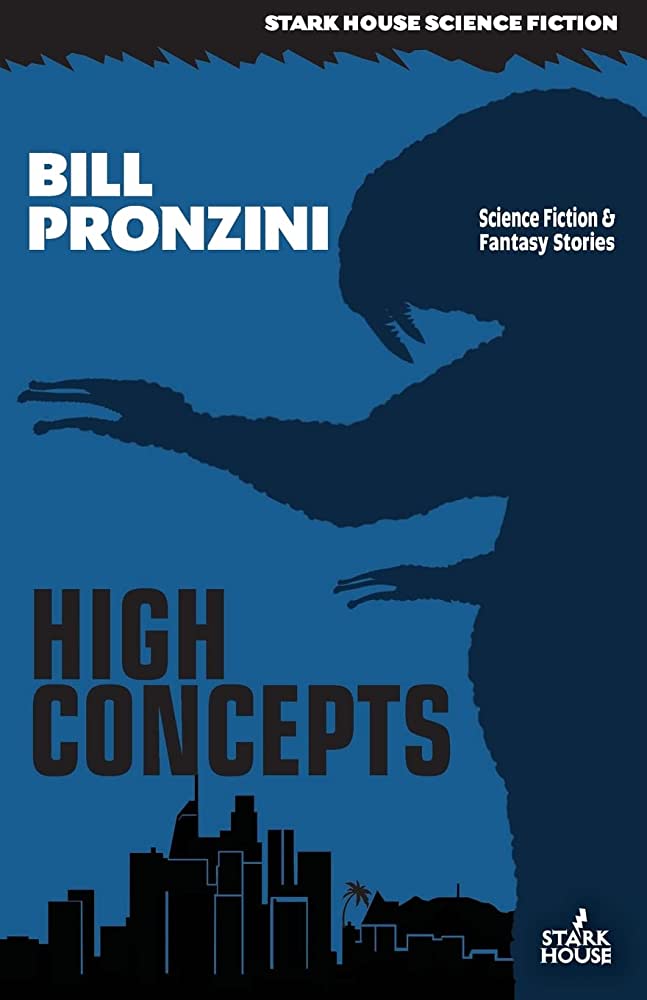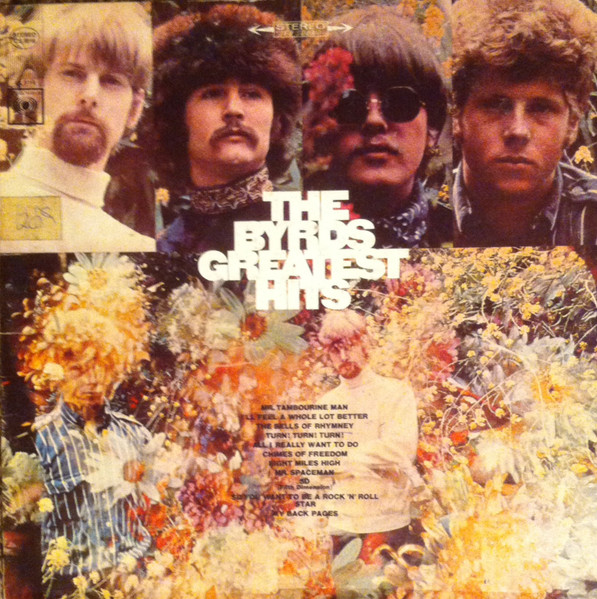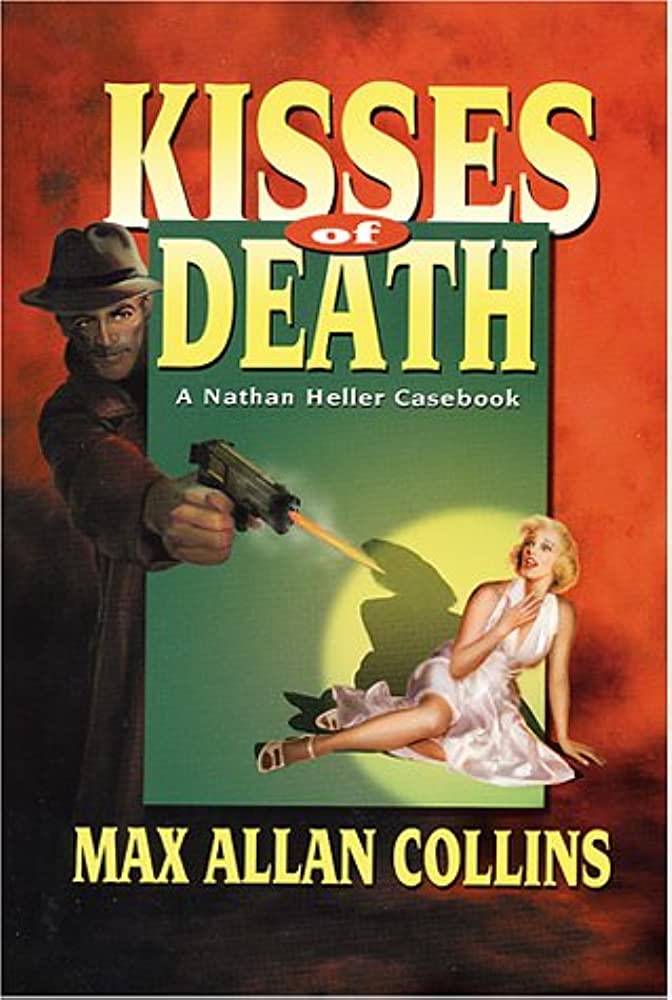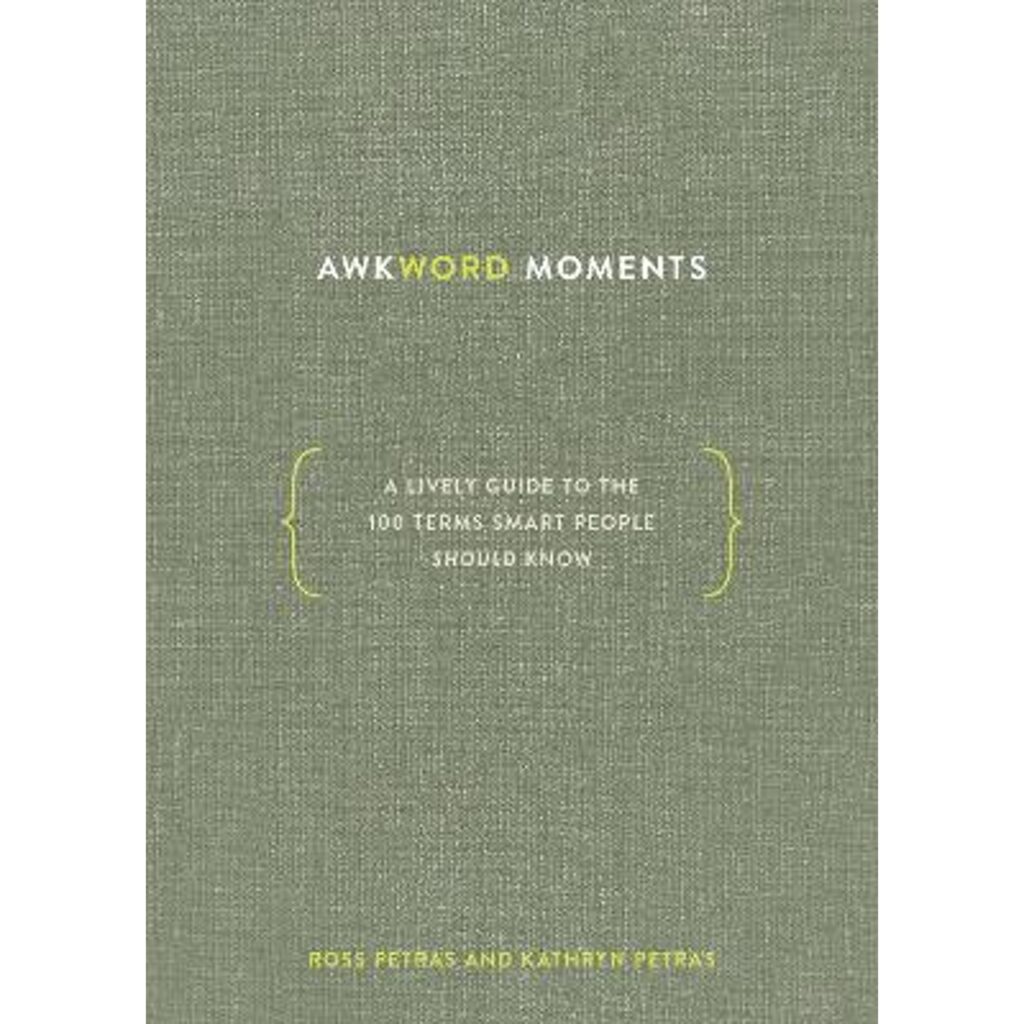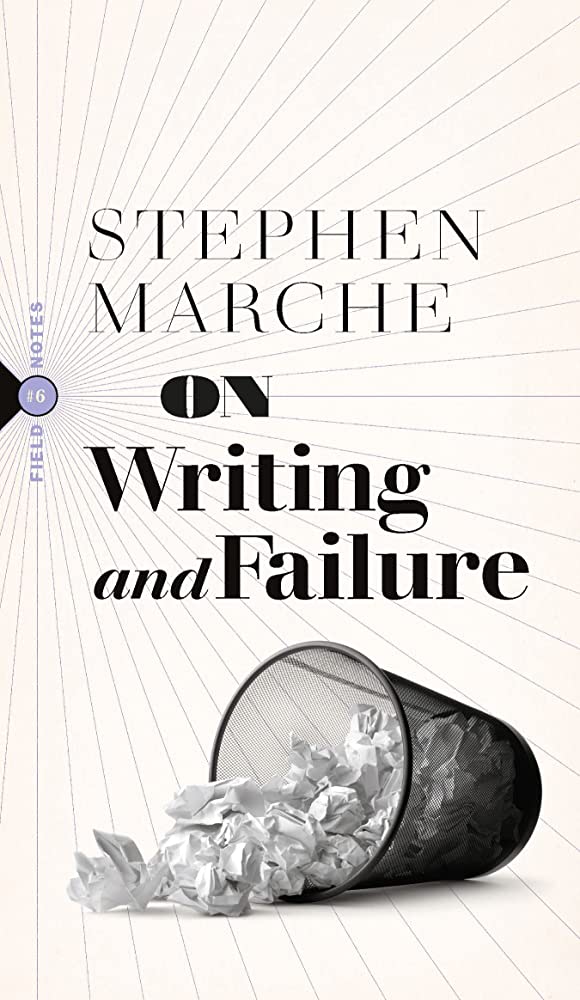

“In support of his job application, he lectured at at the Unisersita del Popolo on Robinson Crusoe. That talk may be the single greatest lecture on an individual novel ever given. Its final lines are as loaded with treasure as anything in his novels: ‘Saint John the Evangelist saw on the island of Patmos the apocalyptic collapse of the universe and raising up the wall of the eternal city splendid with beryl and emerald, onyx and jasper, sapphires and rubies. Crusoe saw but one marvel in all the fertile creation that surrounded him, a naked footprint in the virgin sand: and who knows if the latter does not matter more than the former?’ He wrote that and it didn’t matter. The invigilators in Padua denied him the diploma beause they didn’t recognize his Irish degree.” (p. 25-26)
The “he”–as you might have guessed–is James Joyce. Joyce struggled to get his work published because few people understood his masterpieces.
From Dostoevsky–who was almost executed in front of a firing squad–to Hemingway and Fitzgerald–who drank themselves into depression–to Nabokov who had Lolita rejected so many times he had to agree to let a French pornography publisher print it, Stephen Marche illustrates his link between failure and writing with all of these sanity-crushing examples of great writing and great writers dealing with disappointment and disinterest.
Legendary rejections (multiple times!) of Harry Potter, Animal Farm, Herman Melville’s work. Jane Austen never saw her name on one of her novels…only identified as “By a Lady.”
I was most moved by Marche’s description of Samuel Johnson’s grueling life of never making enough money to support himself and his wife so he took every writing assignment that came his way–no matter how trivial–in order to pay his bills and stay alive.
On Writing and Failure: Or, On the Peculiar Perseverance Required to Endure the Life of a Writer proves to me at least that Writing is, and always will be, an act defined by failure and rejection. GRADE: A


